Facing disaster with courage
Stories from activists on the front line of climate change

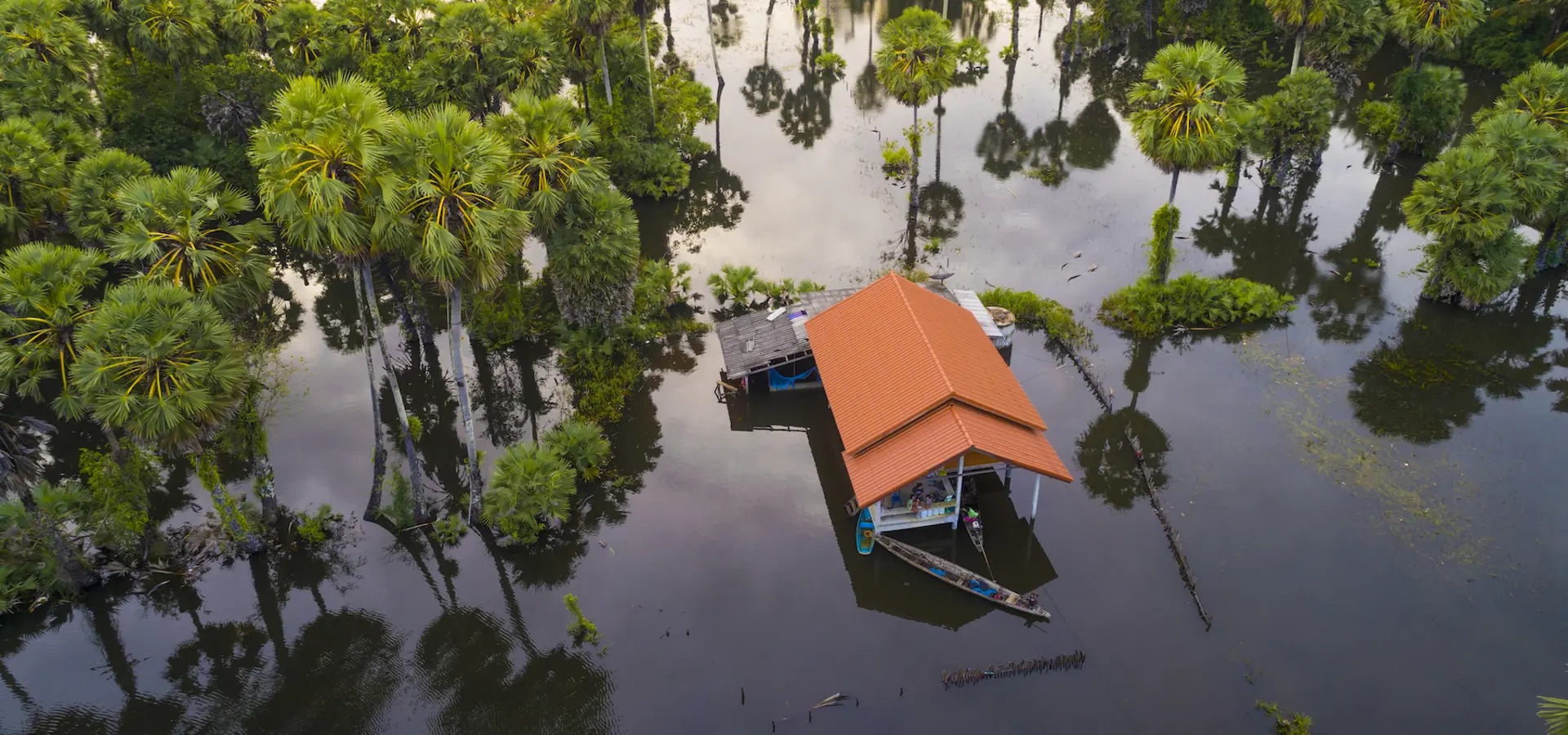
Stories from activists on the front line of climate change
This is part of a series of articles and other creative pieces commissioned by ClientEarth to explore the debate around the most important environmental challenges we all face.
It features an introduction by Jasmine Ketibuah-Foley, a broadcast journalist at the BBC, producer, and activist for climate equity, raising awareness of the need to include more BAME representation and visibility in environmental dialogue.
The world is facing the most significant environmental challenges it has ever witnessed. The climate crisis is snowballing into everyone’s lives with increasing speed, but no matter how fast, those that can, choose to ignore it.
The sense of urgency within general populations is starting to become more palpable through the rise in environmental activism, made more visible through increased online connectivity. However, for a growing number of communities, climate change’s destructive nature is a lived reality, and the sense of urgency to take immediate action to simply survive has given rise to brave individuals, choosing to make climate action their life’s work.
These people – who have seen first-hand the displacement of whole communities due to droughts, floods and other disasters – bring with them very real warnings and lessons to be learned. But if we do not listen to them, give them validation, put faces and names to the statistics and give up space when we can to amplify their voices, we are failing them, we are failing ourselves and we are failing future generations.
The climate crisis is not just one story based on science and statistics, it is a whole tapestry of lived experiences that are going though unprecedented changes. To make sense of the facts, we have to try to empathise with these human experiences, make the necessary changes, and challenge perceptions.
In order to move towards a better future globally, we must look each other in the eye and say ‘I’m here and I’m listening’. Let’s do this together for justice, for equality and for our planet.
Jasmine Ketibuah-Foley – Journalist and environmental activist, UK
On Sept 19, 2017 at 11pm, we were awakened to the sound of exploding glass. We were in our home up the hills of Mariana, Humacao, in Puerto Rico – just a few miles north from where the eye of Hurricane Maria had created a landfall. When we emerged from our hideout we couldn’t believe our eyes. Everything looked like a bomb had exploded. We were shocked and displaced. With most of our belongings permanently damaged by water, we sought shelter in my husband’s cousin’s house next door. Three days later, we realized no help was coming and we were our only hope.
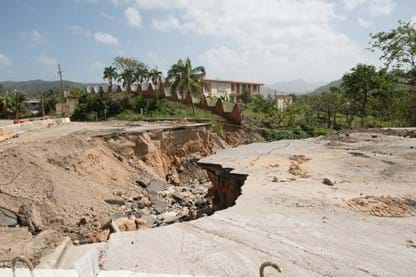
In Mariana we didn’t have water for over six months and we lost power for nine months. My husband and I started a mutual aid community effort, Proyecto de Apoyo Mutuo Mariana, in partnership with a local community organization and we changed the victim narrative – we were now the ones who could save ourselves.
After several months of serving up to 500 meals a day in an entirely grassroots effort, we moved towards building a community-led emergency centre complete with water filtration system, solar power, a crowd-sourced emergency plan, laundry, library, showers and beds.
From this experience we asked ourselves, what would it take for all communities to face disasters and loss with courage, instead of switching to survivalism and despair? This is why my husband and I founded Emerge Puerto Rico, an education and leadership development non-profit organisation focused on equipping our youngest generation with the mindset they need to unleash their greater collective power and face terrible odds.”
Christine Nieves – Co-founder of Emerge Puerto Rico, Puerto Rico
From spending time among trees and living close to the clean streams flowing near my home, nature has always been a part of my life. Growing up in the most forested region in Kenya has taught me that when you bond with nature, you develop a natural desire to protect nature. I have felt heartbroken witnessing deforestation first-hand. This is why I’m on a mission to fight for nature’s regeneration. Doing so is critical in tackling the climate crisis. My name is Elizabeth Wathuti, an environmentalist and climate activist from Kenya. As the founder of Green Generation Initiative I’m helping to create a generation of environmentally conscious individuals through a hands-on approach to nature-based solutions such as tree growing and greening schools.
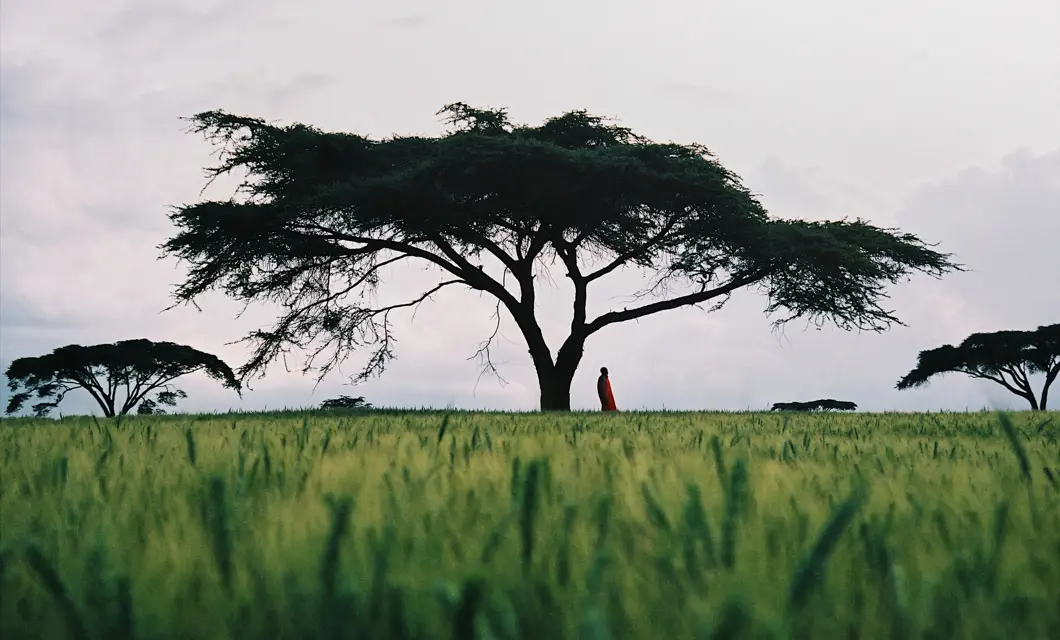
As a young person who has witnessed a vast array of climate change impacts from droughts, famines and food insecurity, floods, desert locust invasions, and heatwaves I know that it is no longer a distant threat. That is why I’m also urging world leaders into action to stop investing in fossil fuels and start actively regenerating the enormous swathes of the land that we’ve degraded while ensuring we keep all remaining natural ecosystems intact. Not in 2030 or 2050, but now.
I envision a world where we will put people and planet above profits and be mindful of how we leave this planet for the generations to come. This is what we need and must do to ensure a sustainable and fair future for all.”
Elizabeth Wathuti – Climate activist and founder of Green Generation Initiative, Kenya

My name is Ili Nadiah Dzulfakar. You can call me Nadiah. I am the co-founder and chairperson of Klima Action Malaysia. We are a grassroots climate justice group, working primarily with vulnerable groups and front line communities, namely indigenous communities, women and young people. We aim to empower and we help to build constituencies among these groups to achieve a more inclusive, democratic and intersectional climate movement geared towards the proclamation of climate emergency in Malaysia.
I grew up in the 90s in Malaysia where I saw with my own eyes how the rapid changes engulfing the nation has turned swathes of verdant million-year-old rainforests and peatland into monoculture plantations which have spurred Malaysia into becoming one of the top palm oil exporters in the world. I also grew up experiencing the biodiversity collapse around me where certain species have gone extinct in Malaysia within my lifetime, like the Sumatran Rhino and the leatherback turtle, and things are not looking well either for the nearly 200 Malayan tigers left in the wild.
I grew up experiencing the biodiversity collapse around me where certain species have gone extinct in Malaysia within my lifetime, like the Sumatran Rhino.
These rapid conversions of our natural habitat have led to more carbon emissions in the region. In 2012, Malaysia has the highest deforestation rates in the world and the loss of these critical ecosystems have led to more flooding tragedies during intense rainfall episodes attributed to the warming climate, such as the big flood in 2016 and the most recent flood in 2021 leaving a trail of death and destruction. Heatwaves have also become a yearly occurrence and forest fires commonplace, creating havoc to our ailing public health systems and decreasing the yields of our paddy fields.
The people and communities I work with are some of the poorest in Malaysia – like the indigenous communities that are safeguarding what's left of the forest we have. They have been denied sovereignty and rights over customary territories and indigenous knowledge in land management has been eroded over time.
I have always been active in community work, especially with the indigenous community where I aided in blockades and customary territory mapping. I also started my climate activism during my second year at university where I studied Environmental Science and had the privilege to learn about climate science from an atmospheric scientist. The combination of these two experiences helped me develop the work I do today, providing a space for indigenous communities, especially women and youth to be recognized as active stakeholders in climate solutions.”
Ili Nadiah Dzulfakar – Co-founder of Klima Action Malaysia, Malaysia
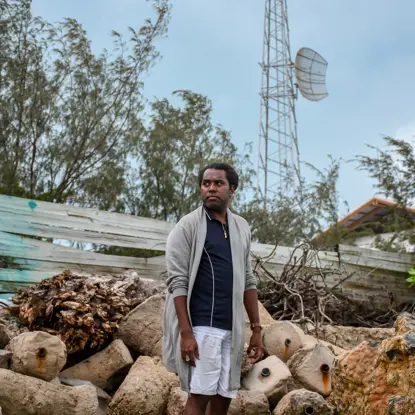
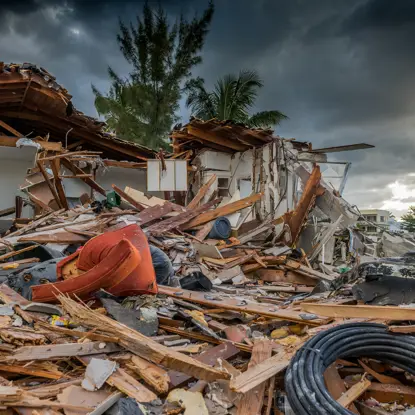
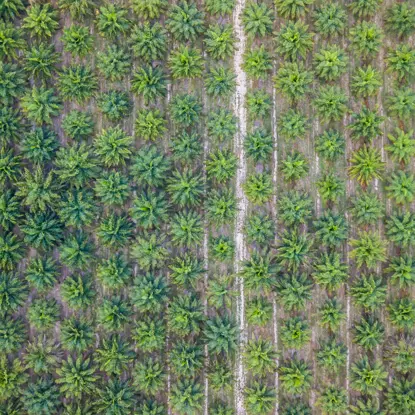
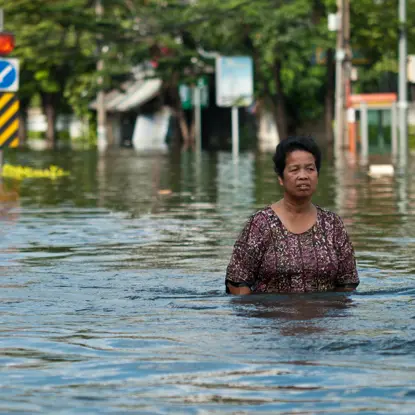
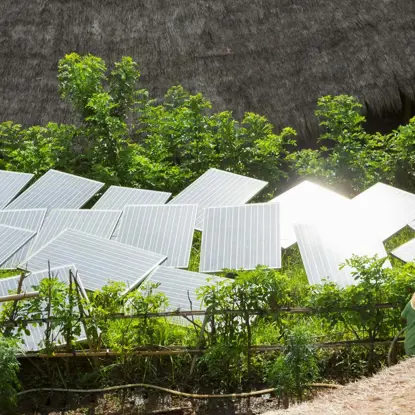
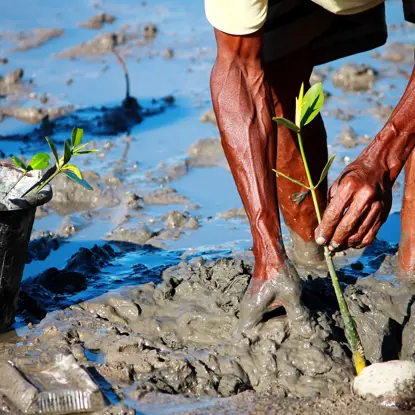
My name is Elhadj Abdoul Diallo. I am a young climate activist from Guinea. I am an economist by profession and passionate about entrepreneurship. I have been working with the Youth of Guinea for Climate (YGC) since 2018 as its secretary. I represented the youth of Guinea as a delegate in the Mock COP26, a global event organized by young people designed to be inclusive and virtual. It was organised to fill the void after the postponement of the COP26. I am also part of the Loss and Damage Coalition, an alliance of young people from the global north and south coming together to demand action on loss and damage.
When I was young I lived with my parents in a little house in my village – a village surrounded by mountains and dense forests, situated 30km from the center of Dalaba. It rains there for about eight months of the year. Today, everything has changed. It scarcely rains, the forests are disappearing, the temperature is higher, there are bush fires. Now, farmers run into difficulties carrying out their usual activities due to lack of water. Many of the wild animals have disappeared. The desert is also moving fast which affects animal migration patterns.
When I went back to university in 2017, I met a young activist called Aliou Bah who had founded the NGO Youth of Guinea for Climate (YGC) which unites young people to fight climate change. Having seen first-hand the effects of climate change on my community and my home, I decided to join and fight with them. In April 2019, I was nominated Secretary General of the YGC. Today, we lead on awareness campaigns around climate change, as well as reforestation campaigns in Guinea.”
Elhadj Abdoul Diallo – Climate activist, Guinea
Rising carbon emissions are accelerating climate change. Our forests are disappearing. The air we breathe and the oceans we depend on are polluted.
These are not future problems. The effects are being felt now - and disproportionately by the most vulnerable communities around the world. At ClientEarth, we work to protect all life on Earth.
As a citizen living in the urban coastal city of India, I have witnessed environmental pollution and seen sea erosion. I have seen how it has impacted the communities living in the city and someday it will impact other people, including me.
Personally, due to high environmental pollution, my wife has had health issues and she could not live in Mumbai with me. She now lives in Kerala. This has been a personal experience of how environmental pollution has directly affected me.
I have been a direct witness to how people’s homes have crumbled and how their livelihoods have been snatched away living next to the coasts.
When I was photographing communities that were affected by sea erosion, I could see how it would impact people living in coastal areas. Sea levels rising, coastal erosion, floods, extreme heat, extreme rain patterns. These are some of the issues that I have been documenting in the last decade in Tamil Nadu and Maharashtra as a special journalist with the Times of India. The impact on vulnerable populations such as coastal communities, fishermen and their distress living in this uncontrollable, unpredictable environment is something that I have been documenting through impactful imagery. I believe these photos bring attention to these communities that are not seen by the national media. With a strong social media followership, I have been able to bring forth change and action from decision makers through these photographs. I have also garnered the attention of these issues at an international level; sparking action, discussions and debates, highlighting these issues and informing the public at large through a mass of social media followers.
By consistently following-up on these stories on climate change and sea erosion, I have been a direct witness to how people’s homes have crumbled and how their livelihoods have been snatched away living next to the coasts. These are the powerful stories I choose bring to the forefront as a photojournalist.”
Shanth Kumar - Photojournalist, India

I am a climate activist from the northern areas of Pakistan. I have been ever since I got to know about the urgency of this matter. I have volunteered in many projects, awareness campaigns, events, Youth forums, Mock COP26, COY16, Loss and Damage Youth Coalition, Earth Uprising International and Guides.
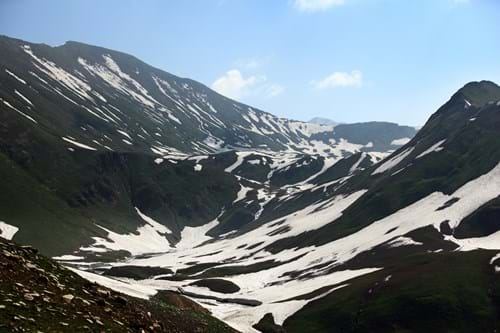
The 2019 Global Climate Risk Index (CRI) ranked Pakistan as the 8th most-affected country regarding extreme weather events. I have faced these extreme weather situations and they have made me who I am today. I experienced the heatwave that my people faced back in 2015. I still remember kids, teenagers and senior citizens were not able to go outside without thinking about the risk of stepping out of their homes. The situation we were in was really depressing. I saw the urban flooding in 2020. Those days were the worst because of the loss and the damage that people faced. I remember people literally crying for help and the government decided to blame one another for this situation. I experienced the glaciers melting in my home town. It was heart-breaking to see because the roads in my home town are built on the mountains, so when the glaciers melted they blocked the roads, accidents took place, many people died and properties were damaged.
I noticed that when these things happened people united and helped each other in their difficult times. But, after dealing with these issues, they carried on with their daily life activities as usual, which is not the right thing to do.
After witnessing the death of my closest friend due to these disasters, I was sure of one thing - that I will do anything in my control to stop the climate crisis. From that day onward, I did not let anyone tell me that the climate crisis is not urgent, because not facing its impact does not mean that climate change itself does not exist, it simply means that you are ignorant of your environment, or you just do not want to admit that the climate crisis is even a thing. On the other hand, there are people who understand and are serious and I think the people around me are becoming more aware.
We have to unite to fight the climate crisis and for me the only thing which made me do voluntary work and take action without being greedy was my passion for serving humanity and making the world a better place.”
Jaweria Baig - Climate activist and member of Loss and Damage Youth Coalition, Pakistan
My passion for climate justice started when I was in my 200 level in school. I had heard the shocking news of the horrible kidnapping of 276 Chibok school girls. That was on 14th April in 2014. As a young woman, I knew that girls represented the future of their communities and families here. So, I began looking into why it had happened. I wanted to fight for them. This ignited my instinct to fight for justice and equality.
I chose to study Agricultural Economics at a federal university in the Middlebelt North Central part of Nigeria and subsequently obtained a first class honours degree. I had my university education in an agrarian community where farmers and herdsmen clashed for natural resources such as land. Close to the horrible kidnapping of the schoolgirls is the shrinking Lake Chad. It was then that I discovered diminishing natural resources was one of the leading causes of conflict in the Lake Chad region.
Lake Chad borders Nigeria, Chad, Cameroon and Niger. Due to the increasing impact of climate change, the lake has shrunk by 90 percent since the 1960’s. Lake Chad has served as a cultural and socio-economic centre for over 30 million people, including those in the most North-Eastern states of Nigeria.
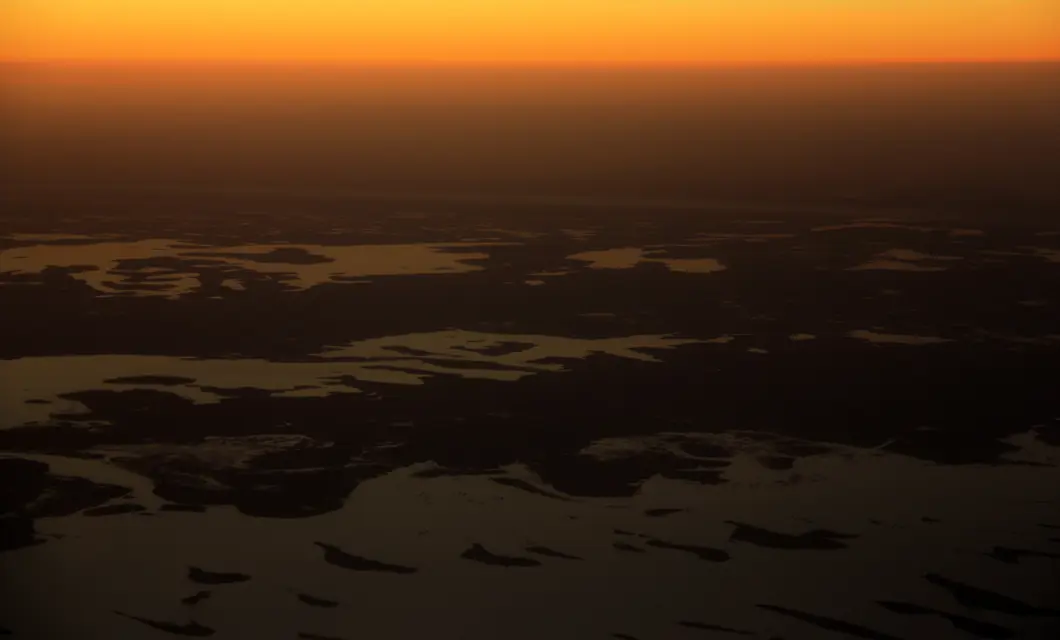
The shrinking of the lake has led to the loss of lives and livelihoods, thereby making the vulnerable more susceptible to humanitarian crises. It has affected the radial movements of herdsmen and fishermen from the North-East to the North-Central areas of Nigeria. Coupled with deforestation, herdsmen are migrating and competing for greener pastures with the farmers in their various local communities. This has led to intense armed conflicts and social tensions. Furthermore, the increasing impact of climate change has reduced agricultural productivity due to a decreasing amount of rainfall and humidity.
Conflict in Nigeria continues to escalate due to climate change. Lake Chad has witnessed one of the biggest humanitarian crises in Sub-Saharan Africa with 10.7 million people displaced and tens of thousands of lives lost. I have attended numerous forums both locally and internationally to showcase these issues. Climate change has defined this century.”
Adenike Oladosu – Climate justice campaigner and initiator of Fridays for Future Nigeria, Nigeria